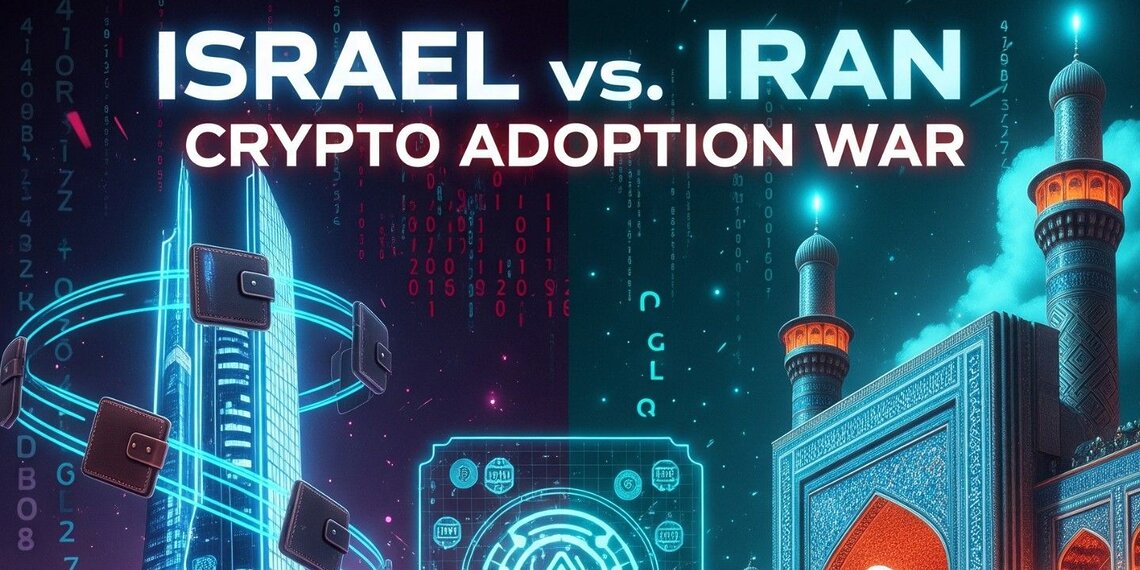The ongoing Israel-Iran conflict, particularly following the recent attack on Tunhan, has sent shockwaves through global financial markets. Bitcoin and other cryptocurrencies plummeted, while traditional markets also faced significant turbulence. As chaos unfolds, investors are reevaluating crypto adoption strategies and regulatory frameworks, questioning how digital assets are navigating these uncertain times.
Israel vs. Iran: Crypto Adoption, Regulation & Development
Cryptocurrency adoption is at an all-time high, with countries like El Salvador and Bhutan leading the charge in Bitcoin investment and blockchain development. The United States, influenced by Donald Trump’s pro-crypto stance, is also making strides in the sector. However, Israel and Iran remain at the center of debate when it comes to crypto regulations, especially amid rising geopolitical tensions.
A recent Israeli airstrike on Iran triggered a sharp market decline, wiping out $1.15 billion in liquidations within 24 hours. With the possibility of further escalation, investors are closely watching how crypto adoption fares in these nations.
Israel’s Crypto Policies
According to Global Legal Insights, Israel embraces crypto with cautious optimism. While the government supports innovation, it prioritizes strict regulation to address concerns like fraud, money laundering, and privacy risks. Cryptocurrency is classified as an asset rather than a currency, making it subject to a 25% capital gains tax. The country is also exploring a central bank digital currency (CBDC) known as the Digital Shekel, though it has not yet been implemented.
Iran’s Approach to Crypto Regulation
Unlike Israel, Iran’s regulatory stance is more stringent. Reports from Statistica and Special Eurasia indicate that in 2025, Iran tightened its grip on the crypto industry, emphasizing transparency. The Central Bank of Iran (CBI) has been granted unrestricted access to crypto platform data, leading to the shutdown of multiple exchanges, including Tether-related payment channels earlier this year. Iran also has its own CBDC project, “crypto-rial,” in development.
Taxation on cryptocurrencies in Iran varies, trading profits are taxed as income, mining earnings are subject to taxation, and crypto purchases may incur VAT if asset prices appreciate, according to findings from Heaven University.
Who’s Leading the Crypto Adoption Race?
Both Israel and Iran play critical roles in shaping global crypto adoption and regulation. Iran has historically exerted heavy government control, including banning crypto in 2018 before later lifting restrictions. Meanwhile, Israel prioritizes technological innovation while maintaining a clear regulatory framework.
Statistica projects Israel’s 2025 crypto revenue at $615.7 million, with 3.65 million users, whereas Iran’s revenue is expected to reach $1.5 billion, with 6.73 million users. These figures suggest Iran is leading in adoption, while Israel excels in regulatory infrastructure.
Despite their regional influence, both nations lag behind global crypto pioneers and may need additional advancements to stay competitive in the evolving digital finance landscape.










